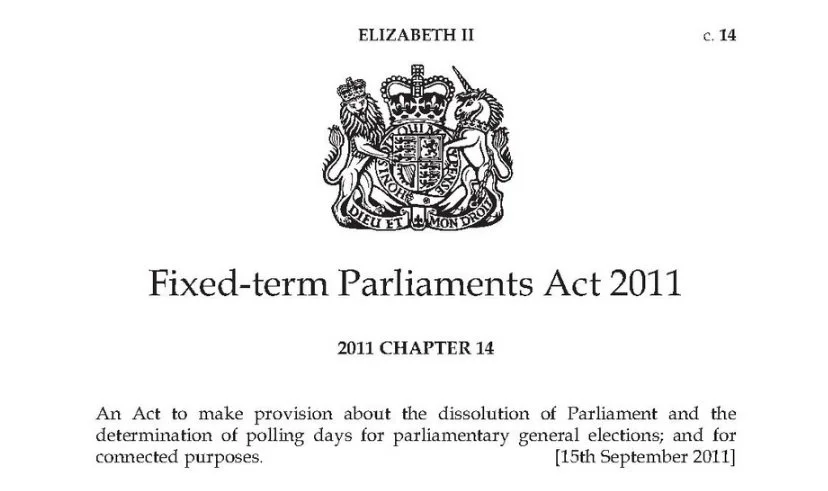Global Minimum Tax Rate – The End of the “Race to the Bottom”?
Last Friday, the Organisation for Economic Cooperation and Development (OECD) reported that – after years of gruelling negotiations – a global minimum tax rate has finally been agreed on. The deal, which 136 countries have signed, will strive to ensure that multinational companies pay a minimum tax rate of 15%. Furthermore, to guarantee that taxes are being paid where they ought to be, the agreement will focus on making it harder for companies to avoid taxation.[1]
What has allowed the successful completion of this deal is Ireland’s concession to alter its notorious 12.5% corporate tax. The country has been a crucial holdout ever since the US first proposed to set a global minimum tax rate. Understandably so, given that Ireland has benefitted immensely from its favourable tax policies, which have attracted nearly 1000 multinationals to the country since 2003. Just 100 companies account for close to 80% of the country’s entire tax revenue; this was not an easy decision to make.[2] As a result, Ireland joining the deal can be treated as a massive step towards achieving global corporate tax uniformity.
According to the OECD, the countries backing the accord comprise over 90% of the global economy. Some notable countries that are yet to join include Kenya, Nigeria, Pakistan, and Sri Lanka. It has been estimated that this deal will generate an enormous $150 billion annually in added global tax revenue. Following the coronavirus pandemic, many governments have been actively seeking to supplant budget deficits by limiting the ability of multinationals to escape paying taxes through the shifting of profits to low-tax countries.[3] Although this is a legal way of reducing tax liability, whether it is entirely ethical remains up for debate. This further contributes to the increasing eagerness to limit the occurrence of this phenomenon.
Through the establishment of a global minimum tax rate, the so-called “race to the bottom” will effectively be suppressed. Essentially, this means that countries will be prevented from perpetually lowering taxes for the purpose of attracting foreign investment. According to economists, the deal will lead to a trend of repatriation of capital from low-tax countries to countries of headquarters by many multinationals.[4] Therefore, this is likely to lead to a positive economic impact in those countries, which have suffered as a result of the “race to the bottom”.
Under the agreement, a target has been set to implement its provisions by 2023. Such an ambitious goal would require every participating government to implement these provisions into national law in 2022.[5] This may prove to be quite a Herculean task for many national leaders. One such example is the US where the highly divided bipartisan Congress will not easily be persuaded to accept that this is the desirable way forward for the US economy.[6] However, the acting US treasury secretary, Janet Yellen, said on Sunday that she is confident that Congress will approve legislation implementing the global minimum tax.[7] Although Republicans do have a history of being more favourable towards cuts in corporate taxes hence the full implementation of this deal is likely to take longer than expected.
[1] Sarah Meyssonnier, ‘Explainer: What is the global minimum tax deal and what will it mean?’ (Reuters, 23 August 2021) <https://www.reuters.com/business/finance/what-is-global-minimum-tax-deal-what-will-it-mean-2021-10-08/?utm_source=morning_brew&utm_medium=newsletter&utm_campaign=mb> accessed 10 October 2021
[2] Neal Freyman, ‘Ireland Agrees to Be a Part of Global Minimum Tax Agreement’ (Morning Brew, 7 October 2021) <https://www.morningbrew.com/daily/stories/2021/10/07/ireland-agrees-to-be-a-part-of-global-minimum-tax-agreement?utm_source=morning_brew&utm_medium=newsletter&utm_campaign=mb&__cf_chl_jschl_tk__=pmd_NkQ3H6Wd8Vsm8vKv274Sn.z5i8etNpTpeklzWGjZlEM-1633888601-0-gqNtZGzNAxCjcnBszQgR> accessed 11 October 2021
[3] Meyssonnier (n 1)
[4] Ibid
[5] Ibid
[6] Freyman (n 2)
[7] ‘US treasury secretary Yellen: global minimum corporate tax will pass’ (The Guardian, 10 October 2021) <https://www.theguardian.com/business/2021/oct/10/us-treasury-secretary-yellen-global-minimum-corporate-tax-debt-ceiling> accessed 10 October 2021



